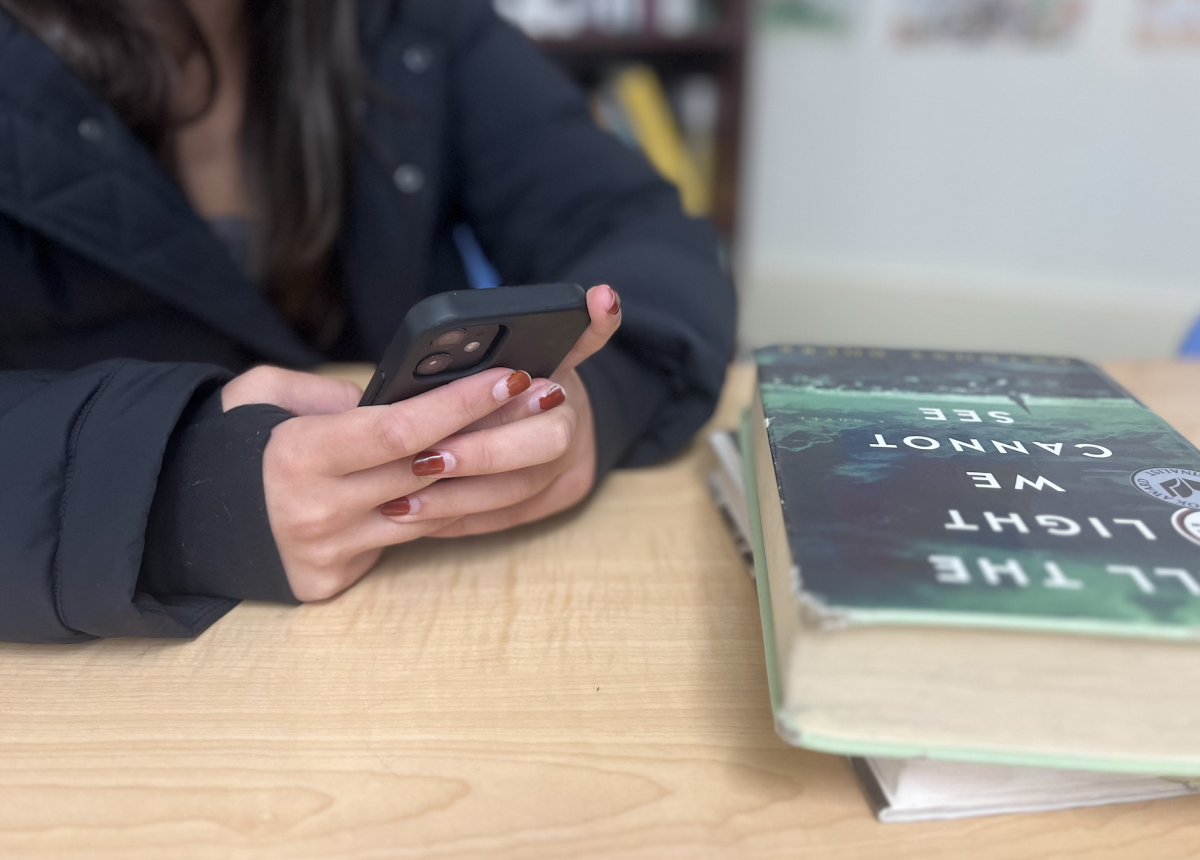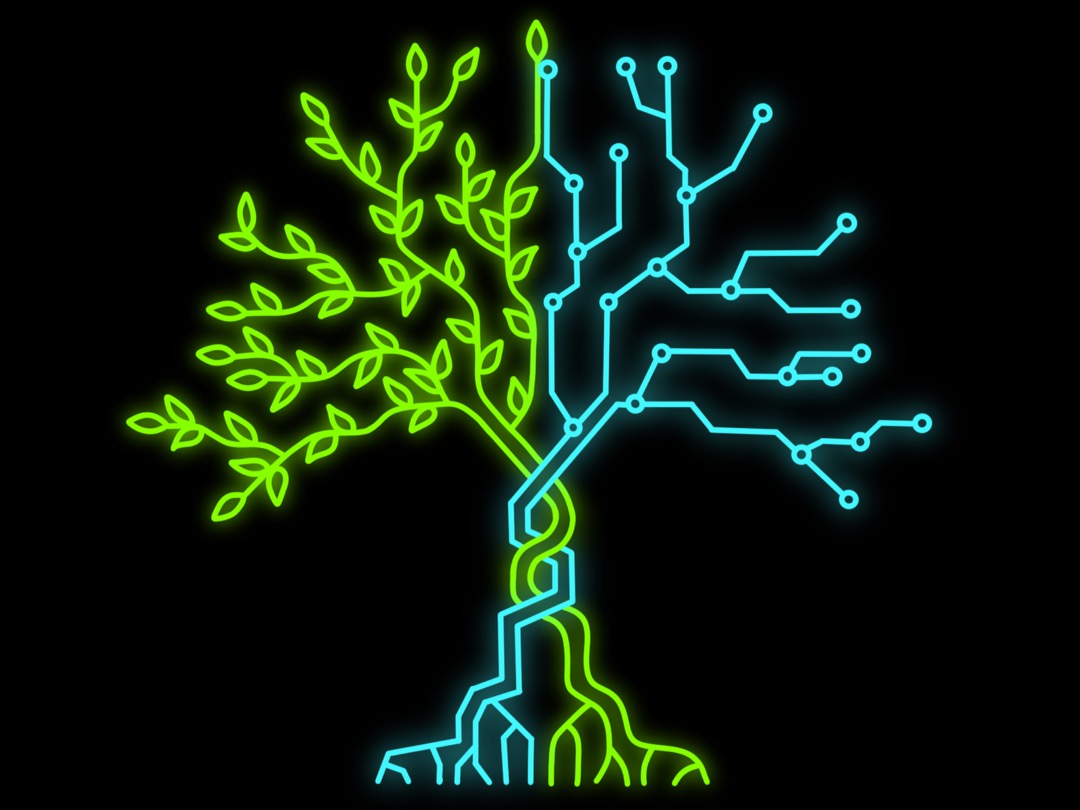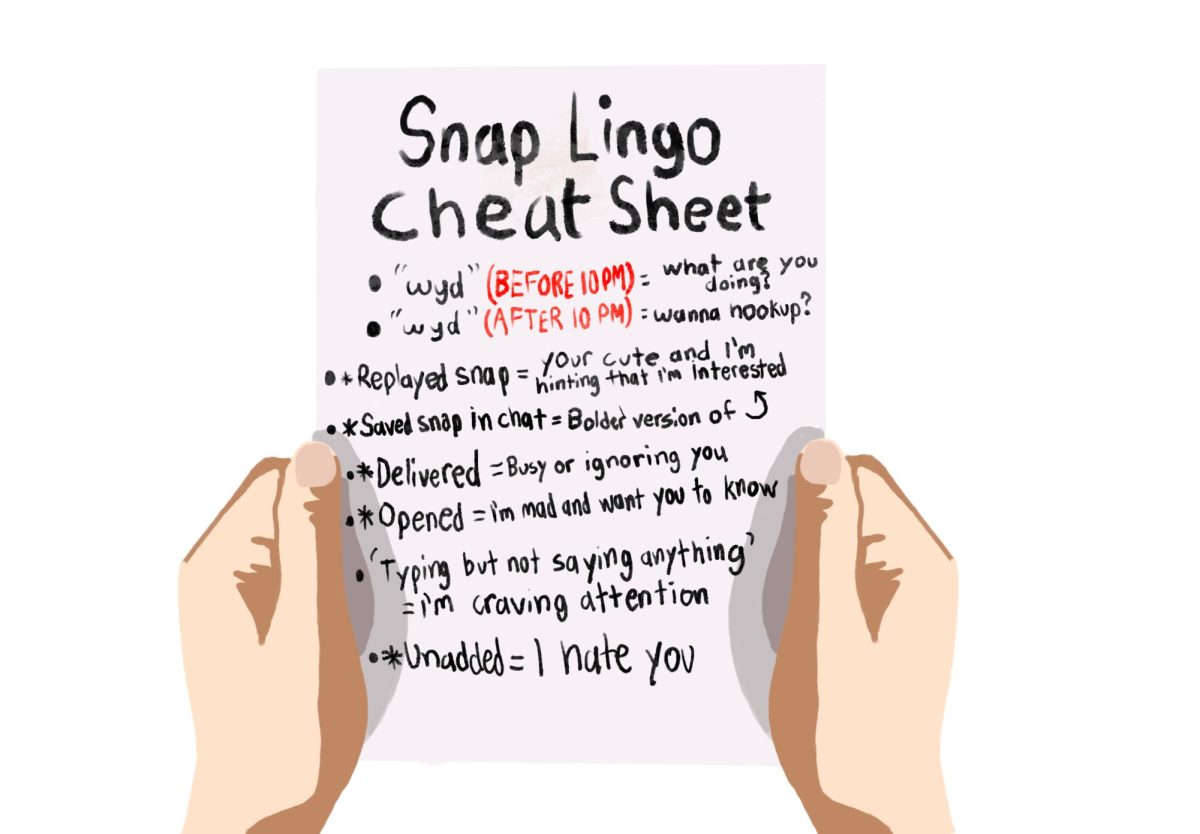When one takes a retrospective glance at their upbringing, many are fortunate enough to say that those times are cherished in capsules of framed smiles or digitalized giggles kept within the safe confines of a close circle of family and friends. But for an increasing number of children, that is different, posted online for the world to see, turning those special moments into profit.
This is the premise of family vlogging, a subgenre of YouTube videos where content creators post the details of their day-to-day lives, emphasizing their children. According to The Science Survey with viewers increasing by 90 percent in 2017. Additionally family vlogging on YouTube is a full-time job, especially for the children the families are profiting from, According to Grant Sabatier, creator of the Millenial Money blog, author of Financial Freedom and Co-Founder of Bank Bonus
The once-successful YouTube channel “8 Passengers” has recently become a fateful example of the harms of family vlogging. Mother Ruby Franke has been under vast public scrutiny due to the abusive exploitation of her six young children. According to Buzzfeed, Franke was arrested on Aug. 30 and charged with two counts of child abuse with one of the children, who had escaped the home and sought help, found with various open wounds that were duct-taped. The account that once boasted millions of subscribers has now been removed from the internet.

Several other family channels have been under similar criticism surrounding speculation for how they exploit their children for views. For example, the viral ACE Family consistently exploits their children’s innocence, as shown in the video “ELLE GOES ON HER FIRST DATE!!!” when they craft a story that the three-year-old is going on a date as clickbait, attracting 21 million views. The famous LaBrant Family also committed similar acts with the now-deleted viral video where the parents exploited their six-year-old daughter’s pure devastation when they told her they were giving away their family dog as a joke.
For the children involved, being constantly posted on social media can result in trauma. From losing trust in their parents to gaining issues with self-esteem, therapist Megan O’Donnell shares how exploitation harms development.
“The idea of kids being exploited is bad enough, but when it’s coming from their own family, that’s another level of betrayal and mistrust,” O’Donnell said. “[Being exploited by family] can lead to trauma responses such as avoidance, anxiety flashbacks and so many more situations depending on the level of the trauma they faced.”
Content creators depend on their children for fame without considering the harm they face. For example, the Social Media Victims Law Center states social media is known for its correlation with the risks of sexual exploitation and harassment.
The California Department of Social Services Child Trafficking Response Unit (CTRU) responded to this issue when inquired through an email interview. The CTRU administers the Commercially Sexually Exploited Children (CSEC) Program and supports children who have experienced or are at risk for experiencing commercial sexual exploitation.
“Social media is one place in which children may be recruited in commercial sexual exploitation. Those experiencing commercial sexual exploitation may not even be aware it is happening to them,” the CTRU stated.
Bree Marchan is Marin’s local Division Director of Children and Family Services. Marchman’s role is to support and protect youth and families in the county so that children have a safe and nurturing home, working with the community to report child abuse, neglect or sexual exploitation.
When asking Marchman about her perspective on family influencers, despite not being her specialty, she gave insight into how child exploitation is primarily dealt with through commercial exploitation, which is highly prevalent among family influencers.
“Law enforcement works with us. We might see commercially sexually exploited children, which is when a youth under 18 is involved in the exchange of sexual acts for goods or money,” Marchman said.

Because family influencers rely on commercial exploitation, Marchman describes how to support suffering children by intervening when necessary.
“We work with the Welfare and Institutions Code, [which] allows us to intervene. There’s a newer section of the code from the last ten years that we can get involved in commercial child sexual exploitation.”
While they are young, they may not think anything of it, but this could become a matter of concern as they grow up. Mary Darin Cline, a Lick-Wilderming high school graduate and viewer of family channels, fears for these children who have to grow up with an online presence.
“If I were a kid, I would not want to look back 15 years later and see myself online. I would not have been okay with that, and I think that parents [should consider that aspect before posting those videos],” Cline said.
The exploitation of children in the entertainment industry is nothing new, resembling the phenomena of child stardom, assisted by parental exploitation of their children. A new Illinois law that goes into effect on Jan. 1, 2024, will make it the first state to add children posted on social media to the state’s Child Labor Law, mirroring the 1939 Coogan Law created when exploited child actor Jack Coogan expressed anger for his child stardom profits that were out of his reach. It ensured that 15 percent of a minor’s earnings would be set aside in a “Coogan Account,” or a similar account that children can access once they are adults. Similarly, the new Illinois law states that children aged 16 and under be compensated within 30 days if they are in at least 30 percent of online content for which the adult, whether parent or caregiver, is being paid. The money will be put into a trust until the children are 18 to access it.
For viewers of these family channels, passing this law is essential. Many, including Cline, favor the law and think it is necessary for the children’s futures.
“If a parent is [depending on] their children who are the center of the profits, I think the kids deserve compensation,” Cline said. “If people go to see a Broadway show, you pay to see the performers; they entertain you. The entertainment [needs] to be paid.”
However, the new law raises the question of whether financial compensation is enough for the emotional damage that children face. Josie Smith, a junior with experience interacting with family vloggers through social media, is wary of the law’s ethics.
“[The law] doesn’t help the emotional well-being [of the children.] They’re getting money, but I don’t think it’s enough for their emotional well-being. I feel like family vloggers should keep their kids out of [their social media] until they’re old enough [to decide] to participate,” Smith said.
Smith is no stranger to family influencers, with their vast popularity on social media. When Smith was younger, she used to watch them. But as she grew up, she realized that the content was not as innocent as she once perceived.
“When I was a kid, I did not see issues with family vloggers at all. But now that I’m older, I see something wrong with it because they’re exploiting the children [as seen with 8 Passengers] when the mom got sent to jail for abuse, ” Smith said.








